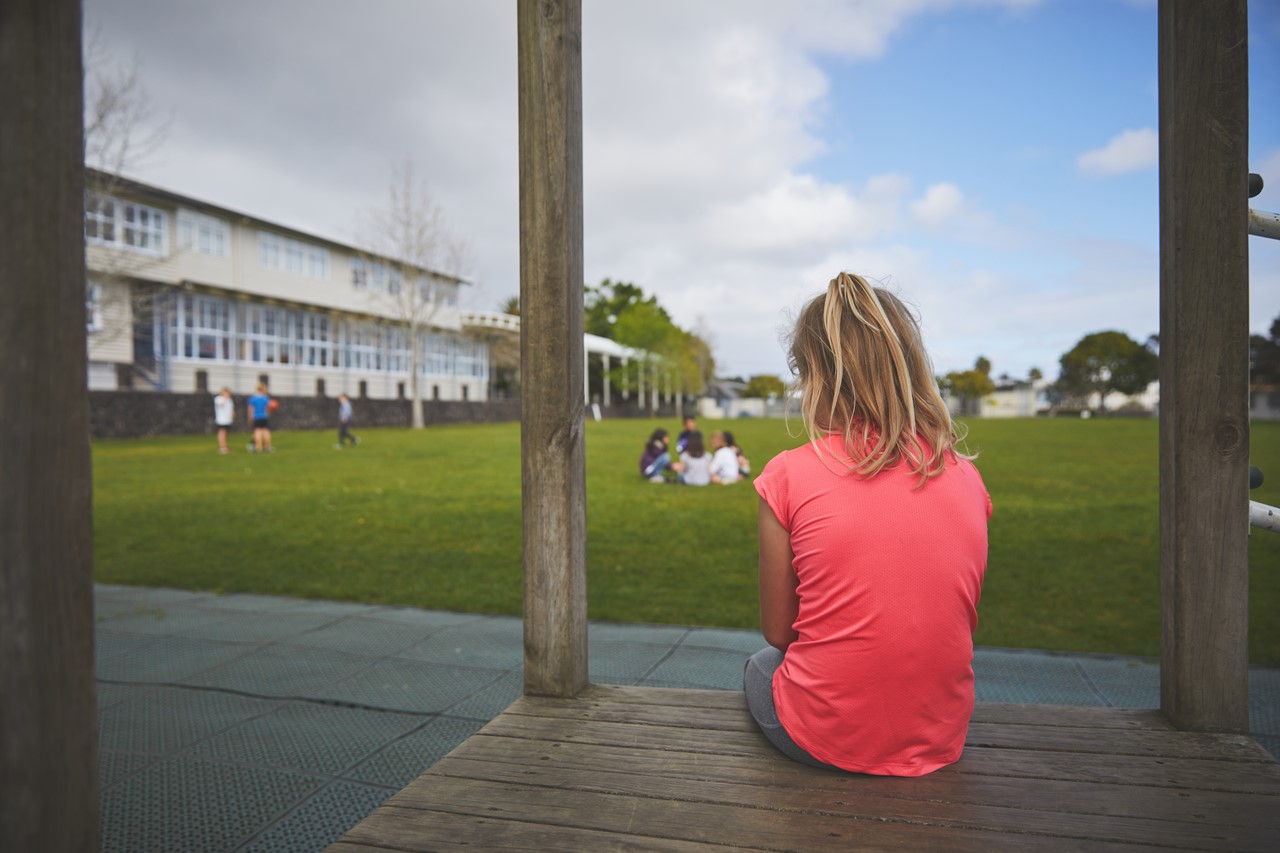
By Leisha Byrnes, Lincoln Heights School Principal
We're always worried about our students during the holidays, but we’re pretty connected with our community, so our high-risk families have our staff’s phone numbers – including mine. They’ll ring us over the holidays, and we'll organise food parcels. We actually leave the school unlocked as well, so our parents and our kids see school as a safe place. They will come up here and use the playground, use the bike track. We have staff on site for our summer reading programme, so our library is open, they can come and take books out and catch up with teachers. If kids are hungry, we’ll make them food.
As our students return to school, we’ll be dealing with a lot. Many of our children share resources. So, they might have one school bag, and whoever gets up first in the morning has the school bag. It’s the same with uniforms. As the year progresses some kids will come without parts of their uniform - a reflection of parents just not having that extra $30 to replace a polo shirt. But the impact is that kids don’t have a sense of belonging.
We’ve taken on the philosophy that we need to provide barrier-free education. We’ve been providing uniforms, we got KidsCan jackets for the whole school and we provide all the stationery for our children.
Our breakfast club starts on the first day of school using food from KidsCan and KickStart Breakfast. We have our regulars – but now we’re seeing more children accessing it, or kids just needing more, because maybe dinner last night wasn’t as big as they needed. It’s a nice warm place, run by our caretaker, and they just chat with him and have something warm to eat.
Schools are up against it. The cost of living crisis is absolutely causing a ‘cost of learning’ crisis. Because if you can't put petrol in your car to get your child to school, then you keep them home. If you don’t have a uniform and you have a level of pride, or your child is at a school where they’ll get into trouble without it, then you keep them at home.
We've had families say, ‘We turn off the lights because we can't afford for our power bill to get too high’ which means our children can’t access the computer. There are no books in homes when power and food are the priority. And families are under so much stress, working two or three jobs, that when children are getting home, they're not getting their quiet time being read to.
Home might not be a stable place. We've got quite high transience. Within a year, we probably lose 100 and gain 150 children out of a roll of 470. We call them ‘Boomerang children.’ Something will happen in the family, and they’ll go away for months and then they’ll come back.
It's a lot. When you think about a principal role, when you read my job description, I'm a leader of learning, but now so much of our job is pastoral. So, I’m also a leader of the community. Through the COVID crisis, just pulling communities together, making sure that there was learning, and connection and connectivity fell on the schools. Now it’s inflation biting us. So, it’s “What else can we do? Where else can we go? Who else is out there to partner with us?” And it takes away from our core business of learning.
But our kids are amazing, and our families are doing an incredible job, sometimes in really difficult situations. We are really privileged to serve our community. Our partnership with KidsCan helps our children reach their potential. It ensures our learners who need a pair of shoes or jacket can just blend in and be seen for who they are and not what they need. It helps to ensure every child is ready to learn with a full tummy and is dry and warm when they come to school. KidsCan helps us to ensure no child is disadvantaged - they are helping us to close gaps and change lives.
All Kiwi kids deserve food and clothing, will you join us?
Donate to KidsCan today.